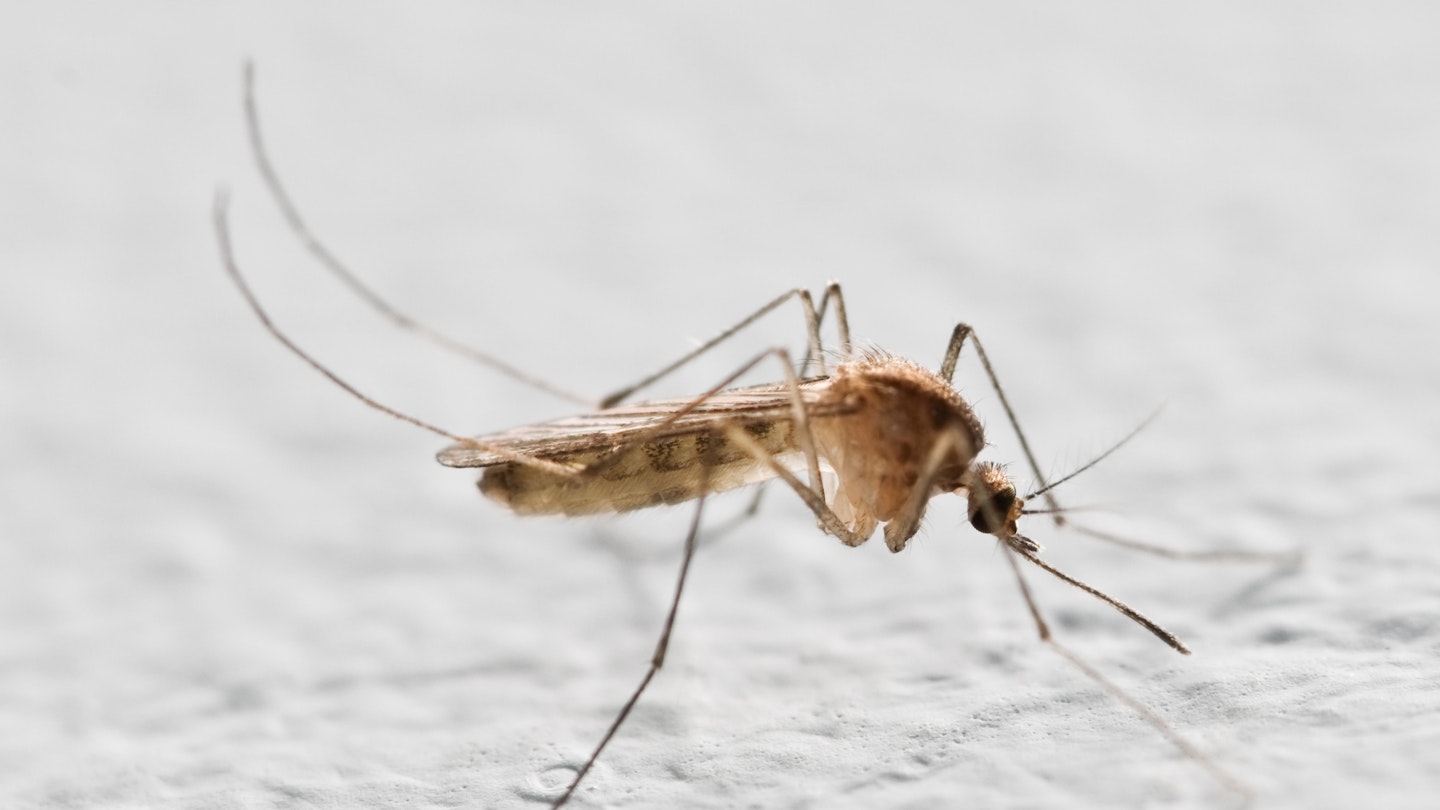The World Health Organization (WHO) has said that the Zika virus could reach Europe, with the areas most at risk being those where Aedes mosquitoes may spread the disease like the Black Sea coast of Russia and Georgia, and Madeira.
The countries that are at a moderate risk include France, Spain, Italy and Greece, whilst the UK is set to have a low outbreak risk.
The WHO has said most countries that could be affected are well prepared to attend to new cases and deal with them quickly, however some must strengthen their ability to diagnose the virus.
Dr Zsuzsanna Jakab, at the WHO, said: "We call particularly on countries at higher risk to strengthen their national capacities and prioritise the activities that will prevent a large Zika outbreak."
However, the UN agency has not issued any new travel advice at this time.
Additionally, they have requested countries eliminate mosquito breeding sites and make sure everyone – in particular pregnant women – have the information they need on potential harmful consequences of the infection.
What you need to know about Zika
The Zika virus is a disease caused by an infection carried by a certain type of mosquito, and experts believe it could be spread through unprotected sex with an infected person.
However, it cannot be transmitted by everyday contact with someone who is infected.
Anyone bitten by the mosquito carrying the disease can become infected. Around one in five will become ill from the virus. The illness is usually mild and will pass within a week, but severe symptoms requiring hospitalisation is uncommon.
Symptoms of the Zika virus can include:
One of the main concerns about the Zika virus is that if contracted during pregnancy, it could increase your risk of microcephaly – a birth defect where the baby’s head is smaller than usual and often with a smaller brain that may not have developed properly.
There is currently no treatment for the virus, but taking paracetomol and drinking plenty of water can help to relieve the symptoms.
BabyCentre does not advise to take ibruprofen however, as it could trigger excessive bleeding and is not thought to be safe for use during pregnancy.
The CDC revealed that the Zika virus usually remains in the blood of someone infected for a few days to a week, and that the virus will not cause infections in an infant conceived after the virus is cleared from the blood.
But there is currently no evidence that the disease poses a risk of birth defects in future pregnancies, and so you must consult a healthcare provider after recovering.
READ MORE:
The Zika Virus: Causes, symptoms, and dangers for pregnant women
Pregnant teen with Zika virus SLAMMED as ‘selfish’ after vowing to keep unborn baby
